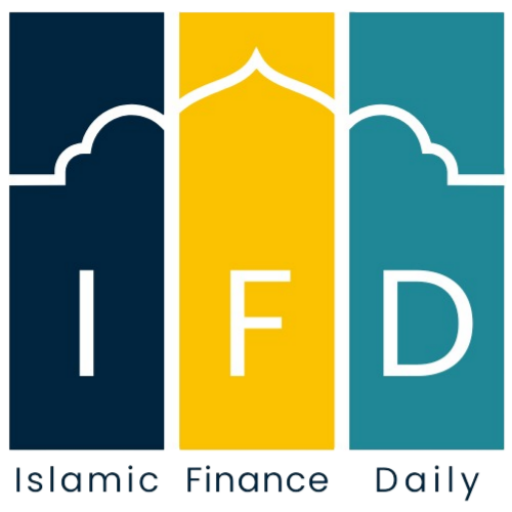Islamic banking has gained remarkable traction globally by adhering to principles rooted in Shariah law. These banks provide innovative financial solutions while avoiding practices like riba (interest), gharar (excessive uncertainty), and unethical investments. Let’s explore successful Islamic banking models, their strategies, and their role in driving global financial inclusivity.
Table of Contents
TogglePrinciples Behind the Success of Islamic Banking
The foundation of Islamic banks lies in principles such as profit-and-loss sharing, ethical investments, and risk-sharing mechanisms. These principles not only ensure compliance with Shariah law but also foster transparency and fairness. For instance, profit-sharing models like mudarabah and musharakah promote partnerships between banks and clients, making them distinct from interest-based conventional banks.
- Risk Sharing: Banks share risks with clients, aligning interests and promoting sustainable ventures.
- Ethical Investments: Funds are channeled into permissible (halal) sectors, such as real estate, manufacturing, and healthcare.
- Social Responsibility: Islamic banks prioritize societal welfare through initiatives like zakat collection and disbursement.
Malaysia: A Global Leader in Islamic Banking
Malaysia is a pioneer in Islamic banking, with institutions like CIMB Islamic Bank setting benchmarks. The country’s dual financial system allows Islamic and conventional banks to operate simultaneously, ensuring wider reach and inclusivity. CIMB Islamic has excelled in:
- Offering a comprehensive range of Shariah-compliant products.
- Establishing global sukuk (Islamic bond) markets.
- Promoting financial literacy through Islamic finance education.
Malaysia’s robust regulatory framework, overseen by Bank Negara Malaysia, has enabled the Islamic banking sector to thrive.
Dubai Islamic Bank: The World’s First Islamic Bank
Established in 1975, Dubai Islamic Bank (DIB) revolutionized banking by introducing a purely Shariah-compliant financial model. DIB’s success is attributed to its innovative products and focus on customer-centric services. Key achievements include:
- Expanding operations across regions like Pakistan, Indonesia, and Kenya.
- Introducing Islamic credit cards and housing finance.
- Financing mega infrastructure projects in compliance with Shariah principles.
DIB has become a model for other banks, showcasing how Islamic finance can support economic growth while adhering to ethical standards.
The Sukuk Revolution: Bahrain and Saudi Arabia
The sukuk market has transformed Islamic finance, providing an alternative to conventional bonds. Bahrain Islamic Bank (BisB) and Al Rajhi Bank in Saudi Arabia are leading players in this arena. Their success lies in issuing Shariah-compliant sukuk that appeal to investors seeking ethical investments.
Bahrain’s advanced financial infrastructure has attracted global sukuk issuances, while Saudi Arabia’s Vision 2030 plan leverages Islamic finance to diversify its economy.
Inclusivity and Financial Empowerment in Indonesia
Indonesia’s Islamic banks, such as Bank Syariah Indonesia (BSI), focus on financial inclusion for underserved populations. By offering microfinance products and digital banking solutions, these banks empower communities and promote financial literacy.
Initiatives like BMT (Baitul Maal wat Tamwil) serve rural areas, combining social and commercial finance to alleviate poverty. Indonesia’s decentralized Islamic banking model showcases the synergy between traditional values and modern financial practices.
Digital Transformation in Islamic Banking
Embracing technology has been a game-changer for Islamic banks. Institutions like Qatar Islamic Bank (QIB) have integrated fintech solutions, providing seamless banking experiences. Features like mobile apps, digital wallets, and blockchain-based smart contracts enhance accessibility while ensuring Shariah compliance.
Digital transformation allows Islamic banks to cater to a tech-savvy demographic, ensuring long-term relevance in a competitive landscape.
Challenges and the Way Forward
Despite their success, Islamic banks face challenges such as limited standardization, lack of awareness, and competition from conventional banks. Collaborative efforts between regulatory bodies, scholars, and institutions are essential to overcome these hurdles.
Conclusion
The success of Islamic banking models lies in their commitment to ethical principles, financial inclusivity, and innovative solutions. From Malaysia’s comprehensive financial system to Dubai Islamic Bank’s pioneering efforts, these institutions set examples for global banking. By addressing challenges and embracing technological advancements, Islamic banks can continue driving sustainable economic development worldwide.



